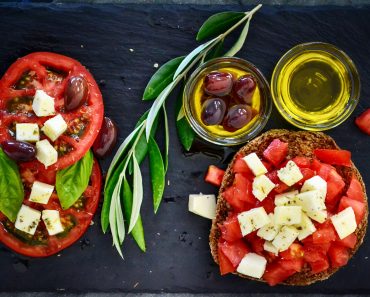Have you ever wondered how the people of the Mediterranean region manage to stay so healthy and live such long lives? The answer, my friends, lies in their diet. What is the Mediterranean diet?
It is a diet based on the traditional foods that are consumed in countries like Greece, Italy, and Spain. This way of eating has been shown to reduce the risk of heart disease, stroke, and cancer.
Additionally, following this diet has been linked with a longer life expectancy. So, if you’re looking to improve your health and longevity, read on for a crash course on the Mediterranean diet.
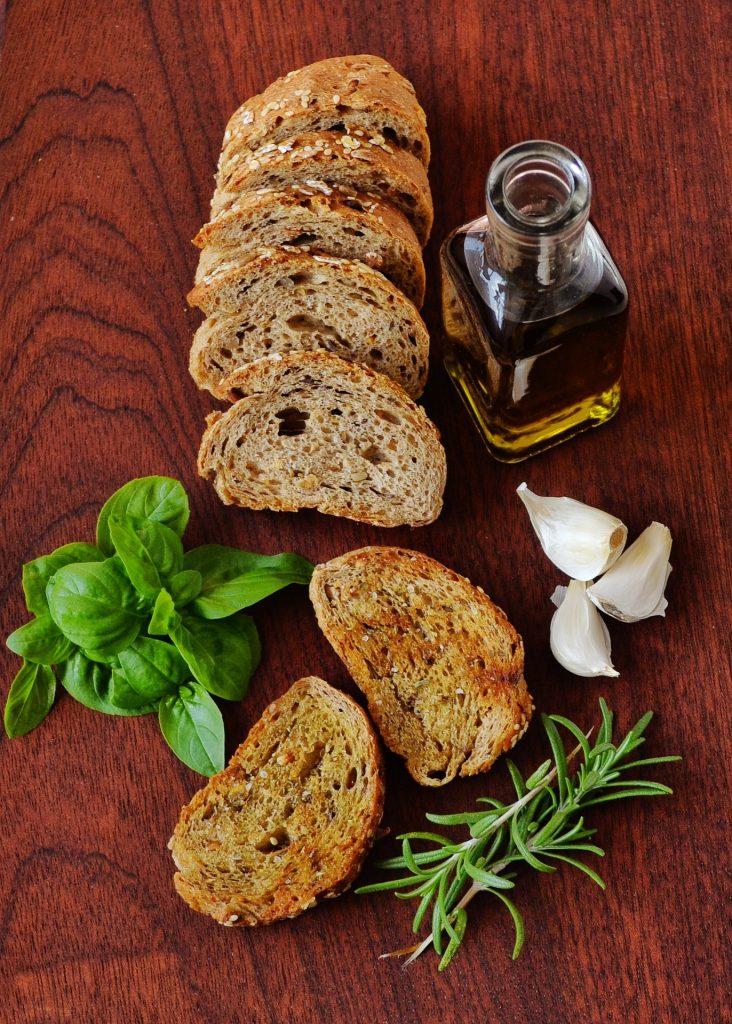
What is The Mediterranean Diet?
The Mediterranean diet is a pattern of eating that is traditional in the countries that surround the Mediterranean Sea. This way of eating includes mostly vegetables, fruits, nuts, beans, cereals, olive oil and fish. moderate amounts of dairy, poultry and red meat are also eaten.
There are many variations of this diet depending on which country you live in. The common factor is that meals are typically plant-based with a limited amount of animal protein.
The benefits of the diet have been well-documented. Studies have shown that people who follow this diet have a lower risk of heart disease, stroke, cancer and Alzheimer’s disease. They also tend to live longer than those who don’t follow the diet.
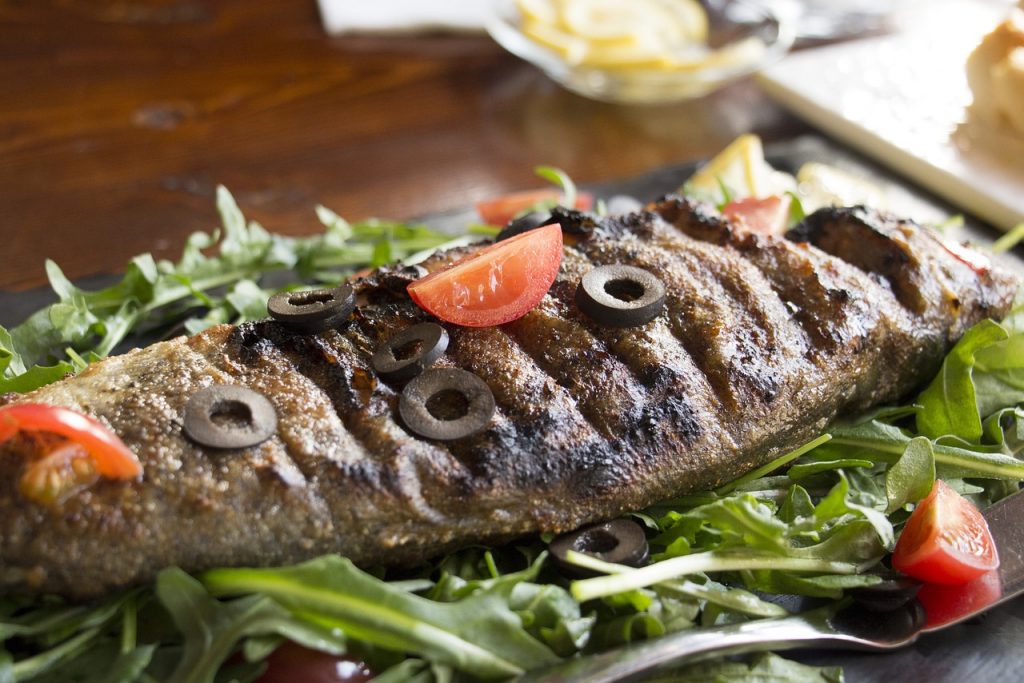
The Different Types of Mediterranean Diets
There are many different types of Mediterranean diets, but they all share some common features.
The traditional Mediterranean diet is based on the eating habits of the people living in countries around the Mediterranean Sea. This includes countries like Italy, Greece, Spain, Morocco, and Turkey.
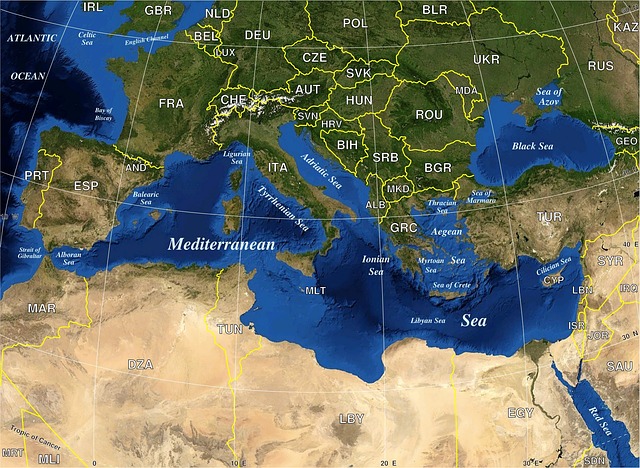
This diet is rich in fruits, vegetables, whole grains, legumes, nuts, and olive oil. It also includes moderate amounts of fish, poultry, dairy products, and red wine.
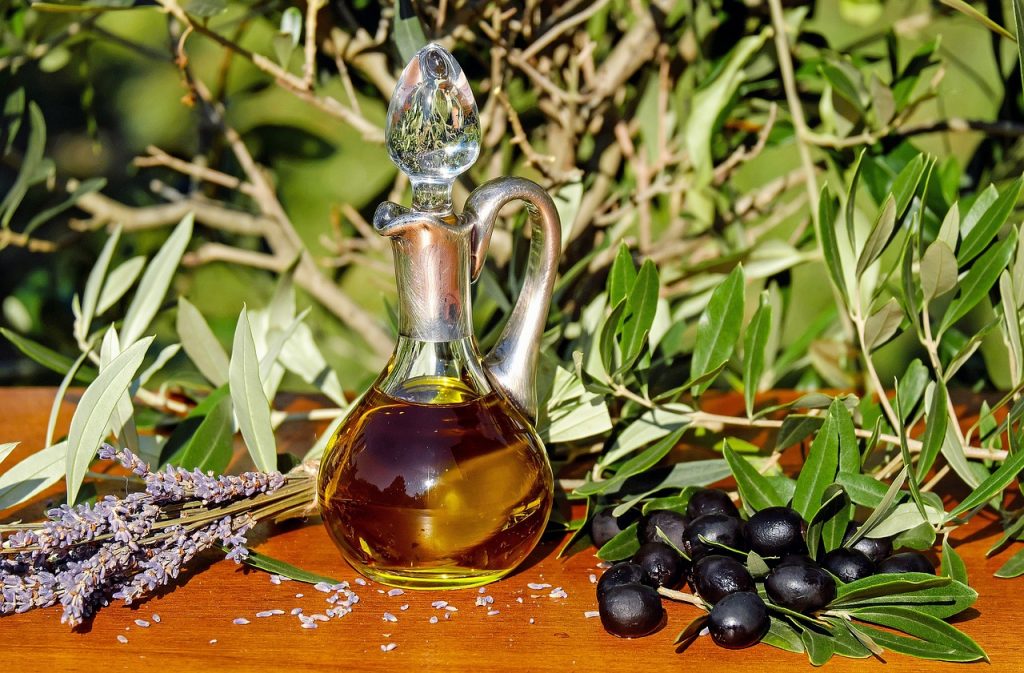
There are many health benefits associated with following this diet. Studies have shown that this type of diet can help to prevent heart disease, stroke, and cancer. It can also help to improve cognitive function and reduce the risk of Alzheimer’s disease.
The Mediterranean diet is not a “one size fits all” plan. It can be adapted to meet your individual needs and preferences. For example, if you don’t like fish, you can replace it with another source of protein such as chicken or tofu.
If you want to follow a Mediterranean diet but don’t live in a Mediterranean country, there are plenty of resources available to help you get started. There are cookbooks available that feature recipes for traditional Mediterranean dishes.
Our favorite is – The Complete Mediterranean Cookbook – You can also find online meal plans and grocery lists that make it easy to eat like a Mediterranean without having to leave your home.
Pros and Cons of a Mediterranean Diet
There are pros and cons to any diet, and the Mediterranean Diet is no different. While there are many health benefits associated with this type of eating, there are also some potential drawbacks. Here is a look at some of the pros and cons of a Mediterranean Diet:
PROS
- Associated with improved heart health
- May help to lower blood pressure
- May reduce the risk of developing diabetes
- May help to protect against certain types of cancer
- Is generally considered to be a healthy way of eating
CONS
- Can be expensive to follow, especially if you purchase organic foods
- May be difficult to find certain ingredients, depending on where you live
- Some people may find the diet too restrictive
What Foods to Eat on a Mediterranean Diet?

A Mediterranean diet is not a specific “diet” in the traditional sense, but rather an overall way of eating that incorporates healthy ingredients and recipes native to the countries bordering the Mediterranean Sea.
The main staples of a Mediterranean diet include vegetables, fruits, whole grains, beans, nuts, seeds, olive oil, and fish.
There are many health benefits associated with following a Mediterranean diet.
Studies have shown that people who eat a Mediterranean diet have a lower risk of heart disease, stroke, cancer, and Alzheimer’s disease. They also tend to have lower rates of obesity and type 2 diabetes.
If you’re interested in trying out a Mediterranean diet for yourself, there are a few things to keep in mind.
First, focus on incorporating more plant-based foods into your meals. This means filling up on plenty of vegetables, fruits, whole grains, beans, nuts, and seeds.
When it comes to cooking your food, look to olive oil as your main source of fat – drizzle it over salads or use it for cooking. And lastly, be sure to include fish as part of your weekly meal plan – aim for two servings per week.
By following these simple guidelines, you can start reaping the many health benefits associated with the Mediterranean diet!
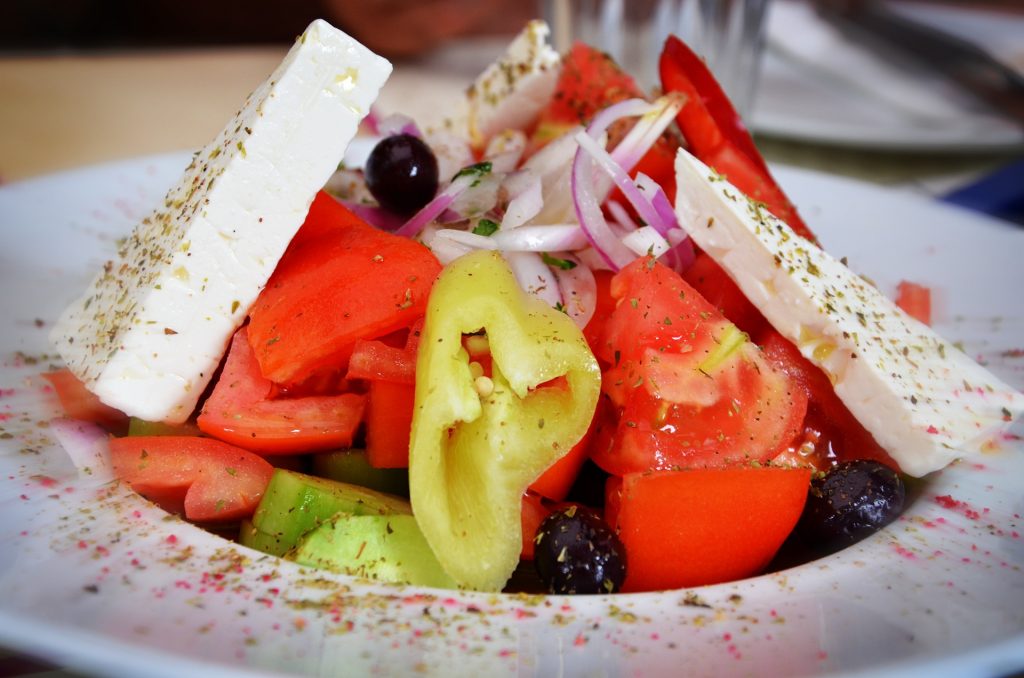
Recipes
The Mediterranean diet is not only delicious but it’s also been linked with longer life expectancy. The main components of the diet include plenty of fruits, vegetables, whole grains, legumes, and olive oil. Fish and poultry are eaten in moderate amounts, while red meat is consumed less often.
If you’re looking to adopt the Mediterranean diet, or just want to incorporate more Mediterranean-inspired dishes into your meal plan, check out these recipes:
• Spaghetti with Tomato and Basil Sauce: This classic dish is simple to make and packed with flavor. Serve it with a side of green beans or a salad for a complete meal.
• Chicken Salad with Lemon and Oregano: This light yet satisfying salad can be served on its own or as a sandwich filling.
• Grilled Salmon with Dill Sauce: Salmon is a great source of omega-3 fatty acids, which are beneficial for heart health. This easy recipe can be made on the grill or in the oven.
• Vegetable Couscous: This hearty dish is filled with vegetables and flavored with herbs and spices. It can be served as a side dish or as a main course.
• Fruit Salad with Mint: This refreshing salad makes a perfect light dessert or snack. Feel free to use any type of fresh fruit that you have on hand.
Alternatives to the Mediterranean Diet
The popular Mediterranean diet may be one of the healthiest ways to eat, but it’s not the only way. There are many other eating plans that can also help you live a long and healthy life.
Here are some alternative diets to the Mediterranean diet:
1. The DASH Diet
The DASH diet is rich in fruits, vegetables, whole grains, and low-fat dairy. It has been shown to lower blood pressure and cholesterol, and is linked with a reduced risk of heart disease, stroke, and some cancers.
2. The Nordic Diet
The Nordic diet is similar to the Mediterranean diet in that it emphasizes fresh, unprocessed foods. However, it also includes more fish and seafood, as well as locally-grown berries and mushrooms. This diet has been linked with a reduced risk of heart disease and obesity.
3. The Plant-Based Diet
A plant-based diet includes all foods made from plants, including vegetables, fruits, grains, nuts, and seeds. This type of diet has been linked with a reduced risk of heart disease, obesity, and some types of cancer.
Conclusion
The Mediterranean diet is not only delicious but it has also been shown to have numerous health benefits. If you’re looking for a way to improve your health and live a longer, healthier life, the Mediterranean diet is a great place to start.

